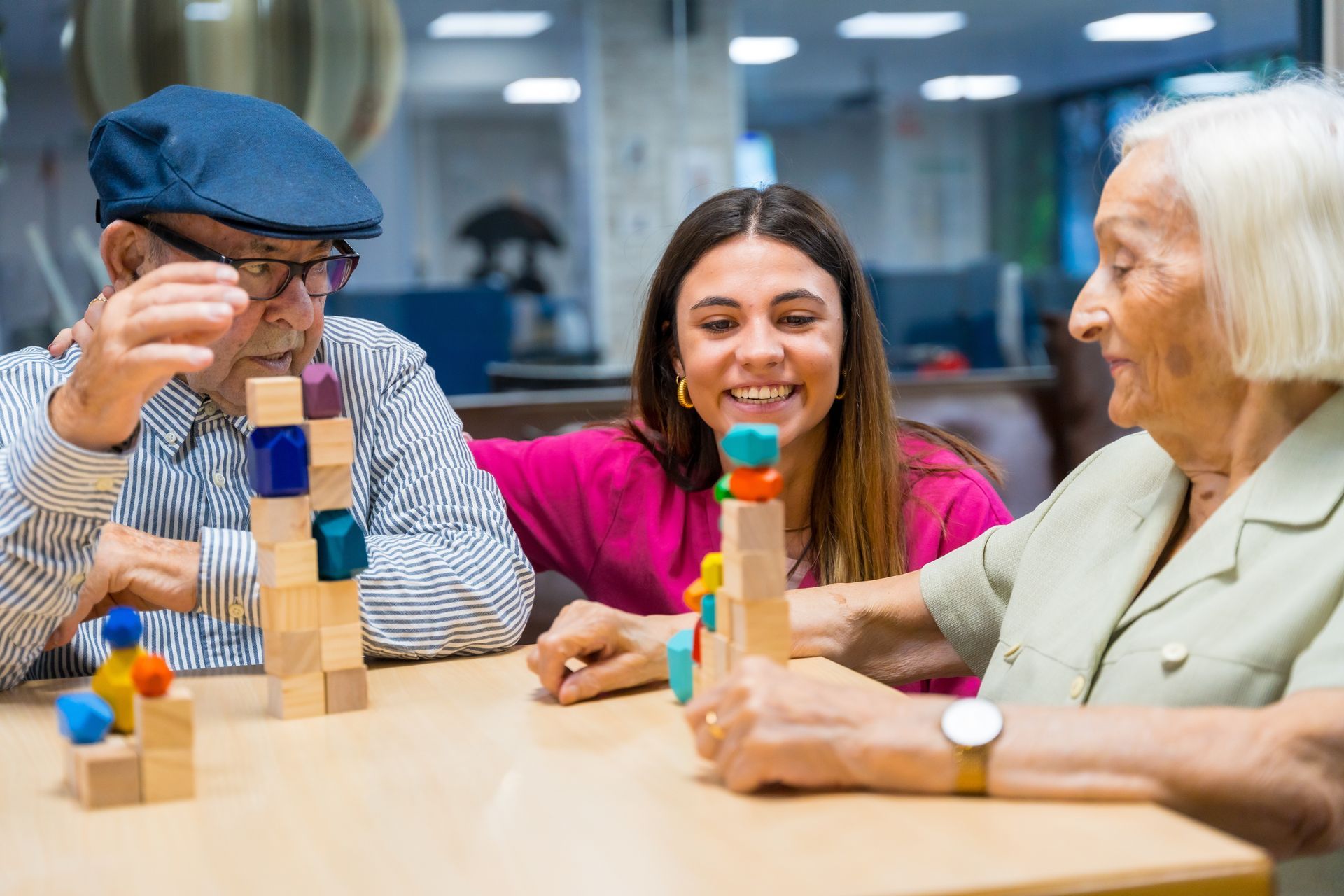November 26, 2025
I was faced with the daunting and emotional job of finding the perfect living arrangement for our loved one, the decision weighed heavily on me. The thought of moving them from a life filled with the familiarity of their own home, neighborhood laughs, and backyard barbecues to a place that felt more like a sterile hotel than a home was unnerving. Through my journey, I discovered the unparalleled value of residential care homes over large, assisted living "warehouses." Ultimately, these are the top five reasons that guided my decision, echoing the sentiments of countless families in similar situations. 1. Seeking Warmth, Not Cold Efficiency In our family home, every corner tells a story, and every piece of furniture has witnessed laughter, tears, and countless memories. My struggle of replacing that love with the cold, sterile, and impersonal efficiency of a large assisted living facility felt off. Residential care homes, with their homely ambiance, personalized rooms and care, and shared areas, felt more like a continuation of home. It wasn’t about finding a place to stay; it was about finding a new home for our loved one. 2. From a Familiar Neighborhood to a Welcoming Community Our loved one had always been an integral part of our neighborhood, knowing everyone's names, their stories, and what made them smile. Moving to a large facility felt like I was ripping them of their sense of community. Instead, we sought a residential care facility that mirrored the close-knit community they had always loved. Here, relationships flourished not just among residents but also with caregivers, ensuring they would never be just another face in the crowd. 3. Customized Care Over Generic Services The thought of our loved one becoming just another task on a caregiver’s checklist was disheartening. In large facilities, the personalized care we hoped for seemed diluted by the sheer volume of residents. We turned to residential care for its promise of tailored, personalized care, where every aspect of our loved one’s needs, likes, fears, joys, and habits is met with the same attention and love they received at home. It was about ensuring their days were filled with care that recognized them as individuals, not numbers.














